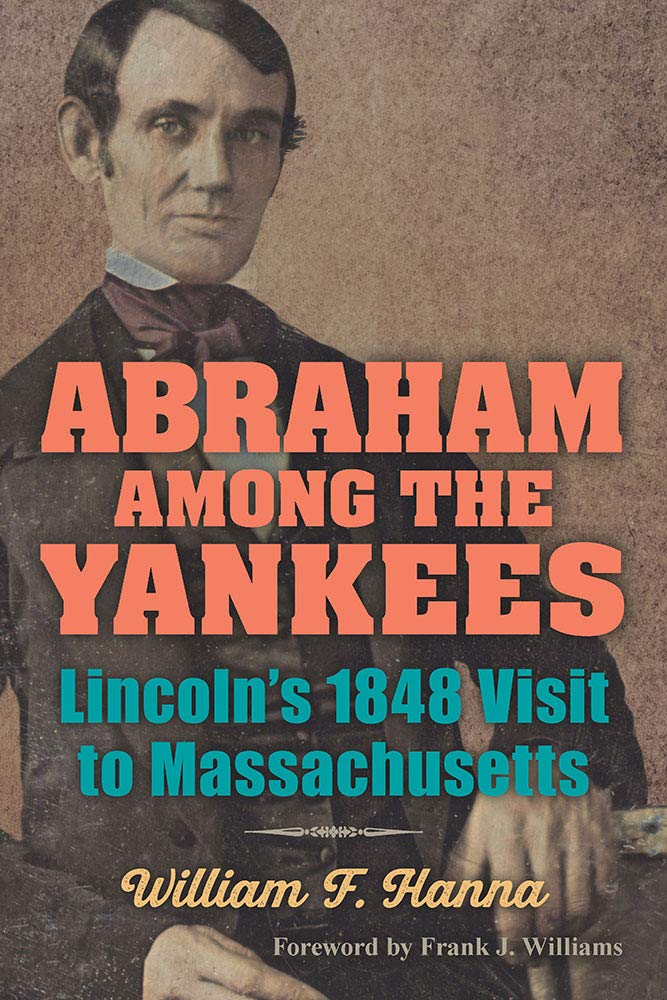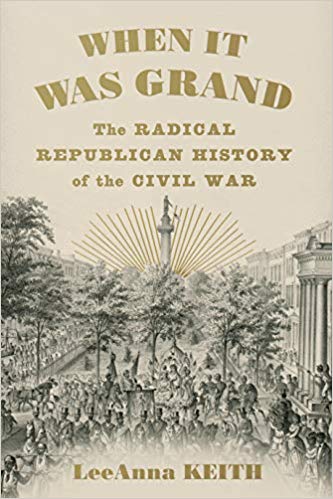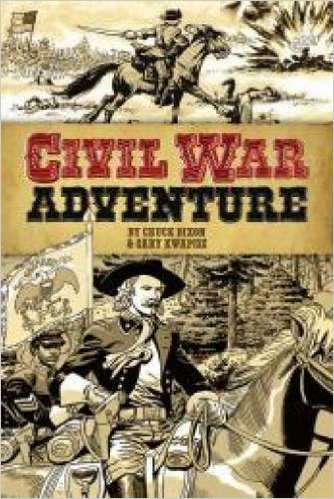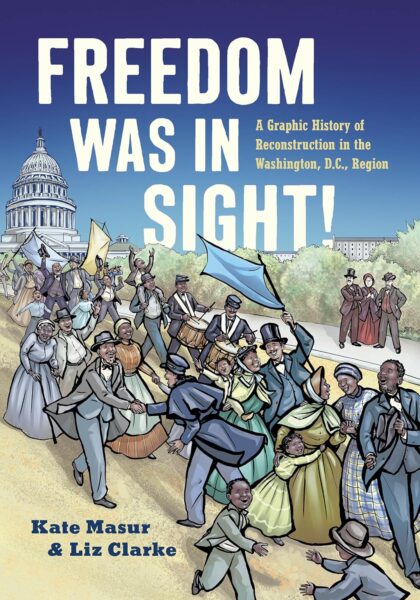In September 1848, a virtually unknown, thirty-nine-year-old Illinois congressman named Abraham Lincoln lurched north on an urgent political errand. Only weeks before, his Whig Party had nominated General Zachary Taylor—a plantation-owning political neophyte fresh from the battlefields of the Mexican War—for the presidency. Seeming to favor electoral victory over ideological principle, the move left the party’s antislavery elements dispirited. In Massachusetts, a reliable citadel of Whiggism, the objections of Conscience Whigs competed with the clacking of looms. Many Conscience Whigs joined forces with disaffected Democrats and former Liberty Party men to form the Free Soil Party. At a convention in Buffalo, they nominated Martin Van Buren for the presidency. The former president had little chance of winning, but if he siphoned off enough Whig votes, he would vault the Democratic nominee—the Michigan senator and champion of squatter sovereignty, Lewis Cass—into the Executive Mansion. Ever a dutiful Whig (and hopeful that his efforts would be rewarded with patronage), Lincoln barnstormed the Bay State on behalf of “Old Rough and Ready.”
Mining local newspapers and the holdings of local historical societies, author William Hanna presents a well-written narrative of Lincoln’s dozen-day campaign swing. Taking to the stump in Worcester, New Bedford, Lowell, Dorchester, Chelsea, Dedham, Cambridge, Taunton, and on two stages in Boston, the congressman earned applause—and acclaim from the Whig press—for his lucid arguments and colloquial style. The author relies on press reports to reconstruct Lincoln’s speech, a transcript of which does not survive. The congressman advanced two basic claims. First, he argued that Taylor was a sound Whig whose non-committal platform and belief in a weak executive branch would advance the interests of the party. Second, he cautioned Whigs against supporting Van Buren, a spoiler candidate who would throw the election to the Democrats. The surest way for Conscience Whigs to advance the cause of antislavery was not apostasy, but standing behind the party of Henry Clay.
The author never strays beyond his evidence, resisting the temptation to find in Lincoln’s visit to Massachusetts any portent of his future. Nor does Hanna contend that Lincoln’s efforts exerted much short- or long-term influence. Though Taylor managed to keep the Bay State in the Whig column on his way to the presidency, Lincoln “was only one of a legion of stump speakers who crisscrossed the state, and it seems unlikely that an obscure prairie lawyer made much difference” (67). Indeed, Hanna’s careful survey of eighty-five New England newspapers during the 1860 presidential campaign yielded not a single reference to Lincoln’s efforts three cycles before. Even Taylor seemed unfazed, refusing to reward his loyal campaigner with the commissionership of the General Land Office. Lincoln instead returned home to Springfield, resumed his law practice, and retired—or so he thought—from politics.
What, then, to make of Lincoln’s twelve days in Massachusetts? They afford us a look, the author argues, at a devoted partisan who “still needed a period of growth and maturing” (67). Serious students of the sixteenth president will welcome Hanna’s slender, fine-grained study, first published more than three decades ago, but now made widely available in this affordable new edition from Southern Illinois University Press.
Brian Matthew Jordan is the author of Marching Home: Union Veterans and Their Unending Civil War, which was a finalist for the Pulitzer Prize. His next book, A Thousand May Fall: Life, Death, and Survival in the Union Army, will be published by Liveright/W.W. Norton in January 2021.
Related topics: Abraham Lincoln





